In response to the outbreak of the Lebanese Civil War in 1975, a school teacher by the name of Georges Abdallah co-founded a communist urban guerilla organization. The group was called the "Lebanese Armed Revolutionary Factions", or LARF, and was responsible for multiple bombings and assassinations in Europe and to a lesser extent in Lebanon itself. Abdallah was charged with two such assassinations by French authorities on a US military attache and an Israeli diplomat, and was subsequently sentenced to life imprisonment. Abdallah has been able to appeal for parole since 1999 and has over 13 times, but was rejected or ordered to stay behind bars until his latest hearing.
Georges Abdallah and the LARF
Georges Abdallah began his militant career in the early 1970s with the Syrian Social Nationalist Party (SSNP), which called for a pan-Syrian state stretching across multiple arab states. Though he soon joined the Popular Front for the Liberation of Palestine (PFLP), a secular and marxist militant group that was a part of the Palestinian Liberation Organization (PLO), a coalition of Palestinian groups fighting against the state of Israel. In 1979 the PFLP splintered with the creation of the PFLP-EO (External Operations), which was comprised of some of the most radical PFLP members and was responsible for major terror attacks, such as the Lod Airport shooting. In the same year Abdallah also broke away from the PFLP, helping to form the LARF. The LARF consisted of Marxist Maronite Catholics, most of whom were from the northern Lebanese town of Qubayat.
Not much is known about the Lebanese Armed Revolutionary Factions, though they based much of their strategy off of the many leftist urban guerilla groups that operated in Europe from the 1970s-1980s. This included the Italian Red Brigades, German Red Army Faction, and the French Action Directe. It was also believed that the LARF also had contacts with each group, helping to advance their operations in Europe. One thing very interesting about the LARF in the context of Lebanese society is that they were made up of Maronite Catholics which is a demographic in Lebanon that had primarily supported Israel during the Lebanese Civil War, which they felt would allow them to keep hegemony over the political establishment. Although this sentiment has begun to change since the 1982 Israeli invasion and occupation of Lebanon. Due to this invasion in 1982, Abdallah and the LARF in Europe waged a bombing and assassination campaign against Israeli and US diplomats. Additionally, the LARF cells operating in Beirut and elsewhere in Lebanon targeted those whom they deemed collaborators with Israel and Western interests.
On January 19th, 1982; US military attache Lt. Col. Charles R. Roy was walking to his car in Paris around 9am when a lone gunmen shot him once in the head with a semi-automatic 7.65mm handgun. The gunmen escaped on foot and wasn't caught, but was described as being short and having long hair. The LARF claimed responsibIlity for the attack from Beirut. No one was caught after the shooting. In March of 1982 a similar incident took place when the US Consul General, Robert Homme, was shot three times as he left work from his office in Strasbourg, France. Unlike Lt. Col. Roy, Homme survived his injuries as they were described as "superficial" and non-life threatening. The LARF would also take credit for this attack in a letter to French news agencies. Only a month later in April, another shooting took place that targeted an Israeli diplomat named Yacov Barsimantov. Barsimantov was shot three times in the head as he walked out of his home in Paris, killing him instantly. Like Lt. Col. Roy, the attacker used a semi-automatic 7.65mm handgun, but was described as a woman rather than a man. Unlike the other two attacks the LARF did not claim responsibility for the attack. The Israeli embassy in Paris blamed the PLO for the attack, meaning they most likely didn't know which specific group had carried the attack out.
Abdallah's Arrest and Trial
In 1984 Abdallah was pulled over in Lyon, France. At the time he had been living in Switzerland but needed to travel to France in order to collect a deposit on an Apartment there. French police found forged Algerian and Maltese passport in his possession and he was quickly arrested. The LARF responded in 1985 with the kidnapping of a French diplomat in Tripoli, hoping to seek a prisoner swap to free Abdallah. The LARF released the diplomat but the French refused to when French police raided an apartment that was connected to one of Abdallah's friends, in which they claimed to have found the 7.65mm pistol used to kill Roy and Barsimantov and explosives. In 1987, Abdallah was sentenced to life in prison for "complicity" in the shootings of Roy, Barsimantov, and Homme; as well as possession of illegal firearms and explosives. Abdallah's case was marked by claims of involvement by the US government, who was suspected of pressuring French officials to impose the maximum sentence possible. This is further corroborated by the fact that Abdallah's lawyer in his 1984 conviction, Jean-Paul Mazurier, admitted to working for French intelligence and informing on Abdallah, which may have possibly led to his conviction in that case.
The Precarious Future of Georges Abdallah
The most recent court ordered release of Abdallah occurred on November 15th, with a release date of December 6th, but is required to leave France. This follows a similar 2014 court order which was blocked by the Interior Minister of France at the time, Manuel Valls. The French anti-terrorism prosecutor's has stated that they will appeal the release of Abdallah, something the US has supported since Abdallah first appealed for release in 1999. Unsurprisingly, Israel is not happy about the recent decision to release Abdallah, especially due to the ongoing conflicts in both Lebanon and the Gaza strip. It is yet to be unseen if Abdallah will be released or if the French anti-terrorism prosecutor's appeal will be successful. If Abdallah will released, it is highly unlikely that he himself will be involved in any fighting, as he is now in his 70s. However, Abdallah has wide support among the progressive and far left in Europe as well as Lebanon and Palestine, which could see Abdallah steer toward politics rather than armed struggle due to this popularity.



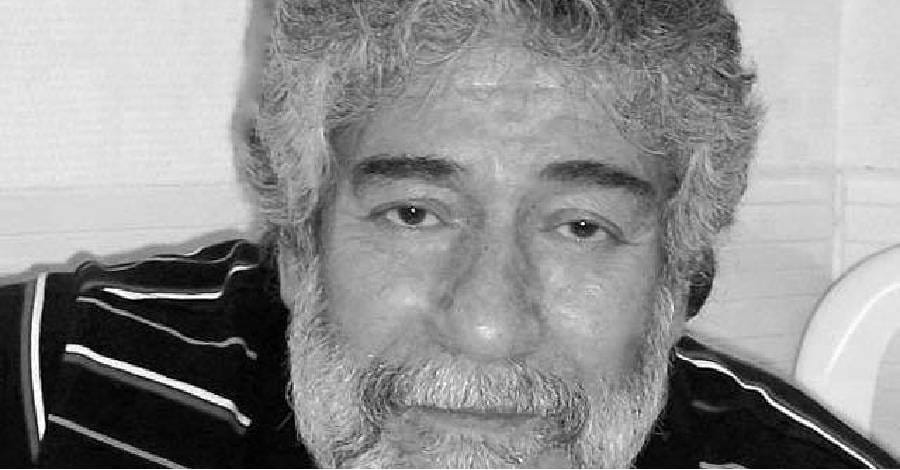
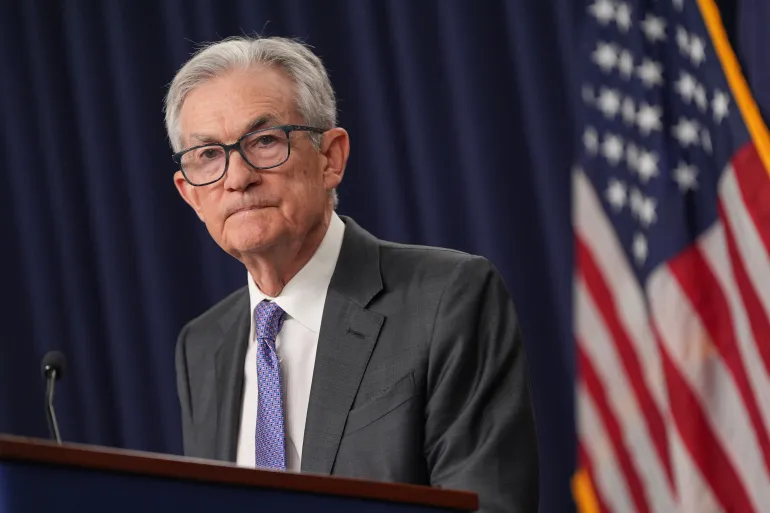

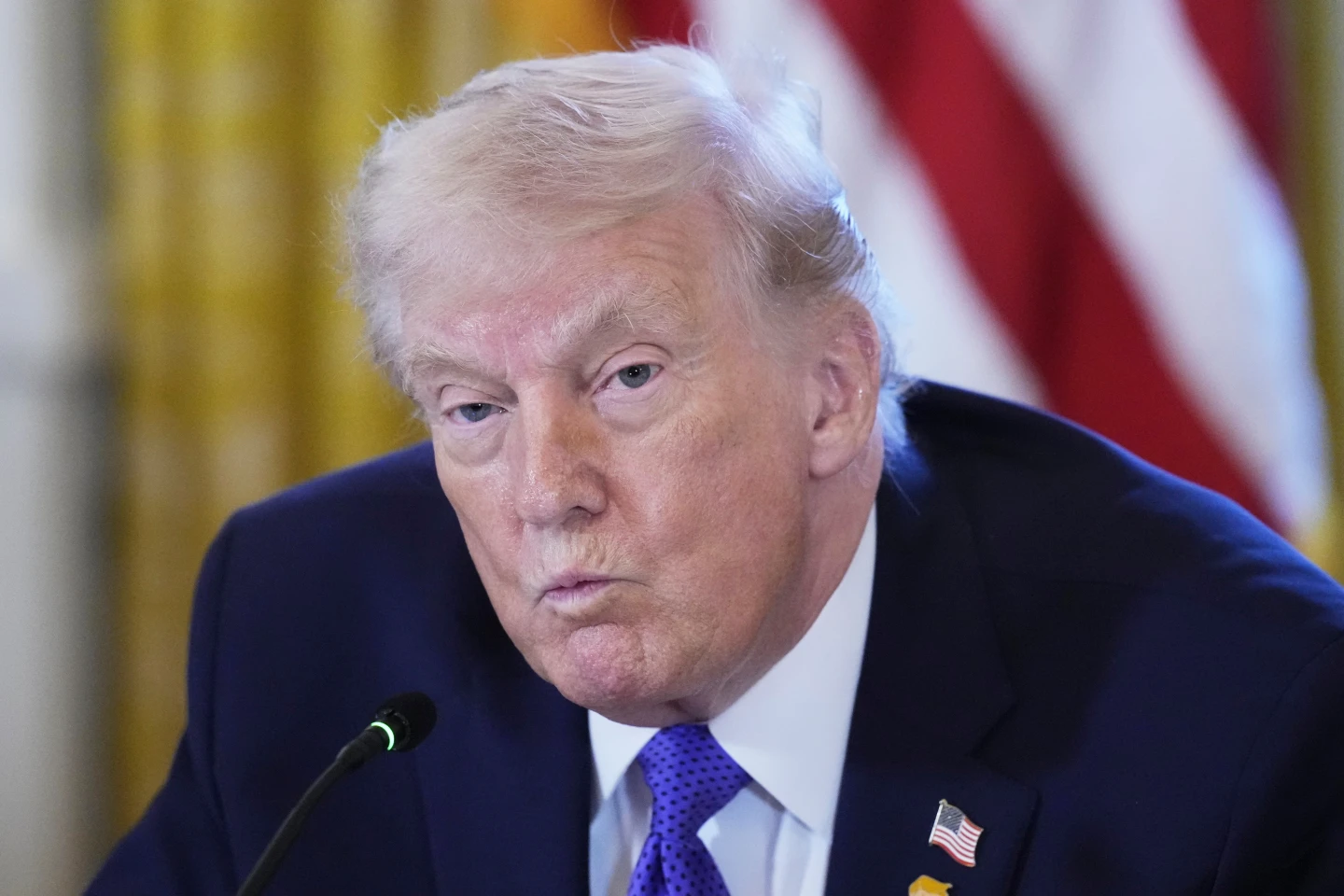
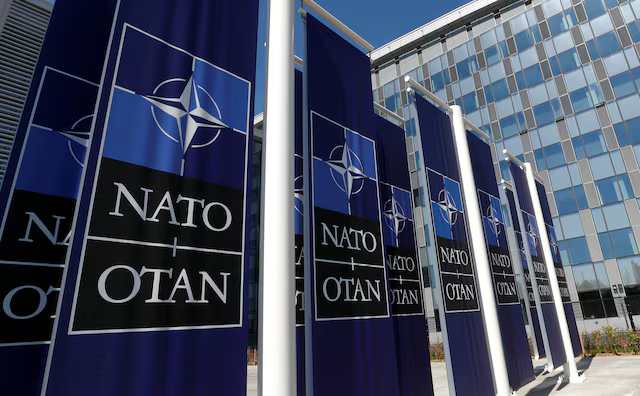
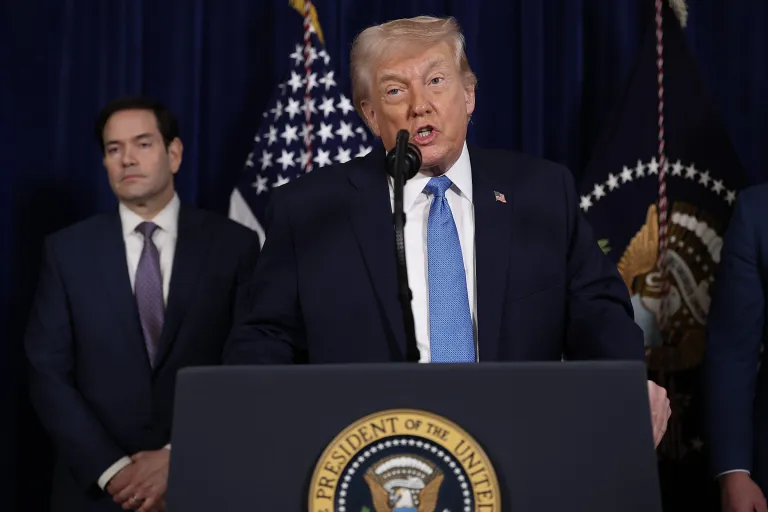
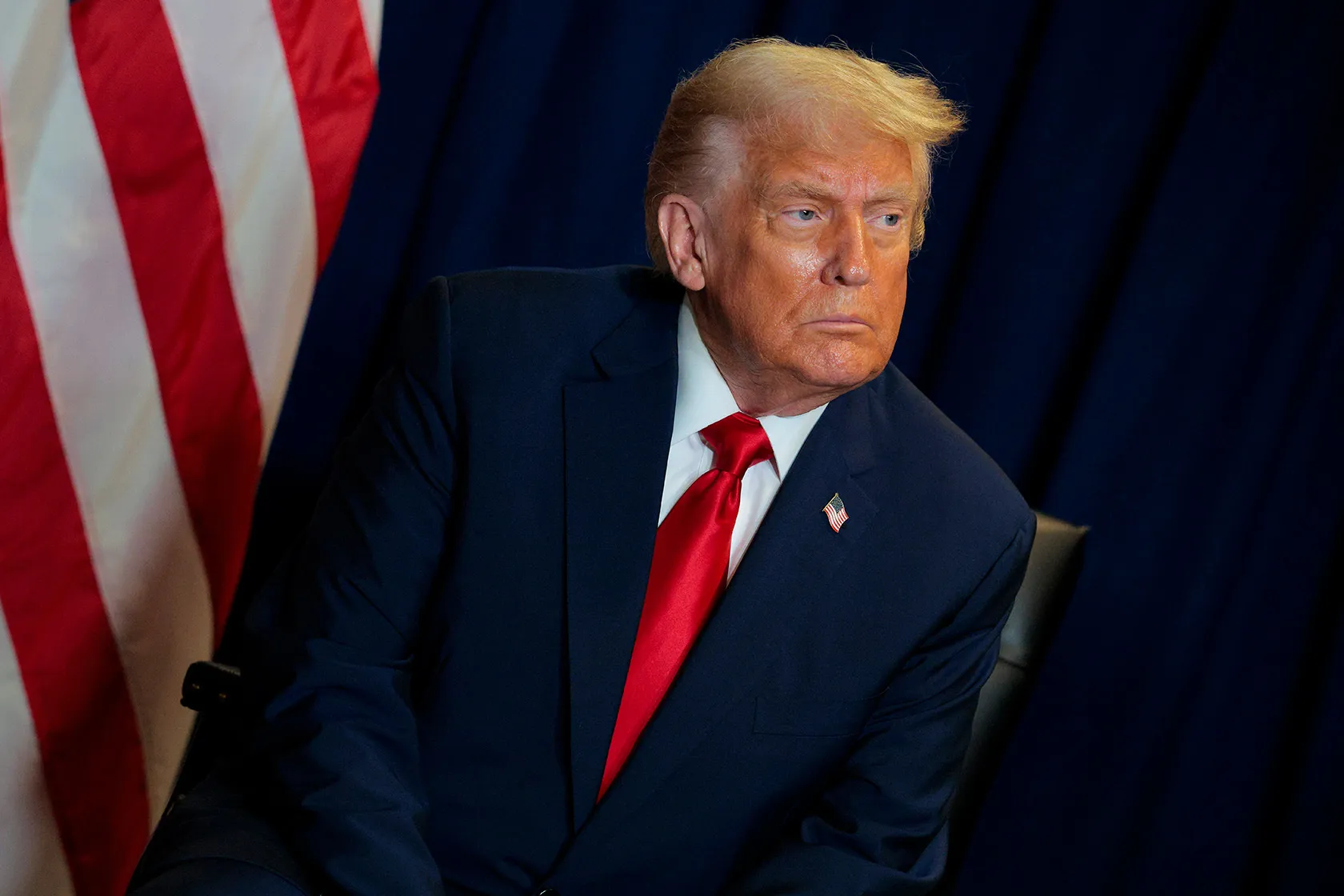
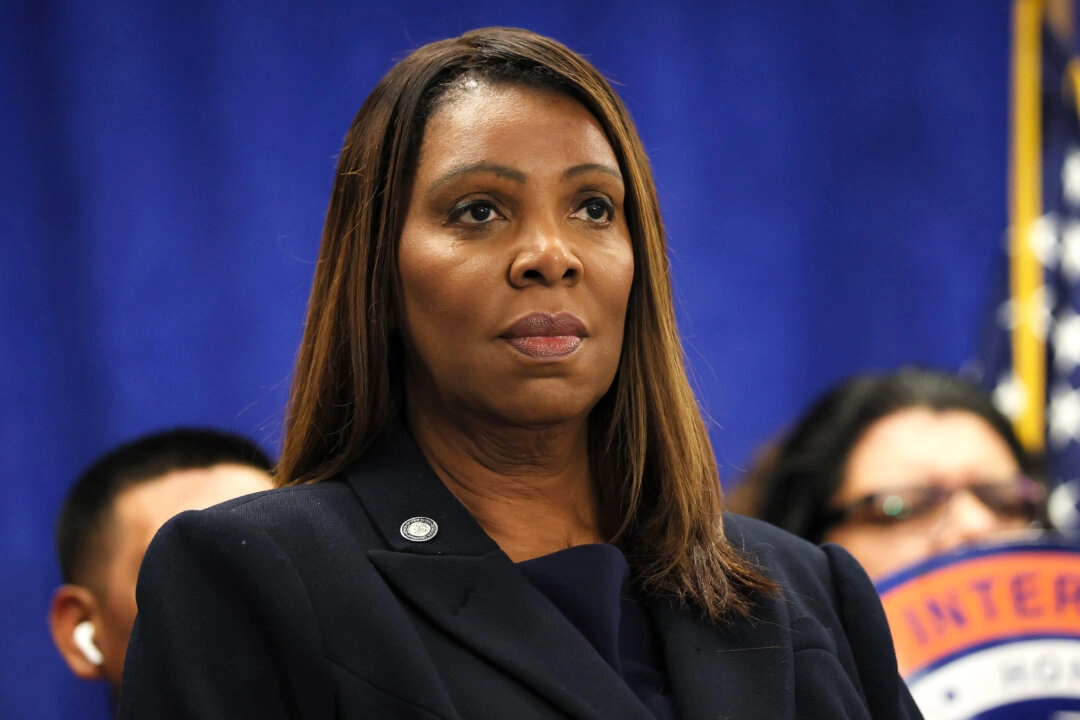
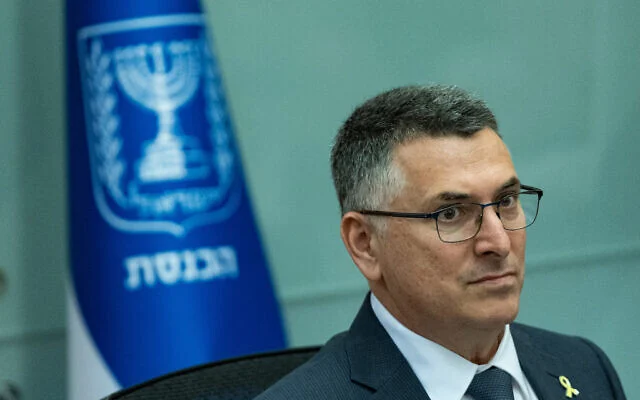
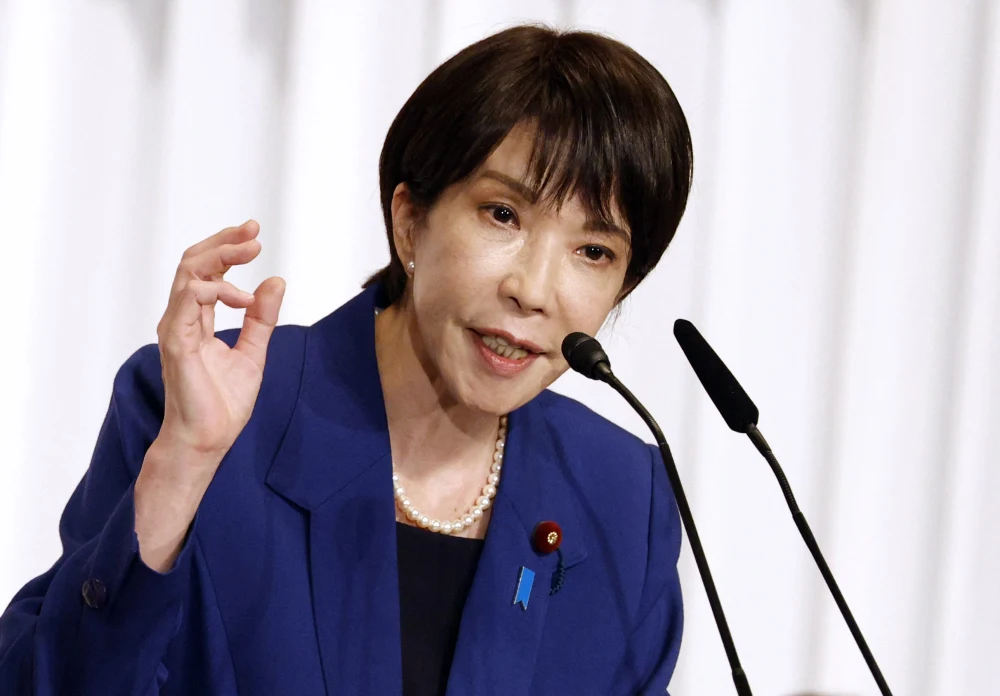
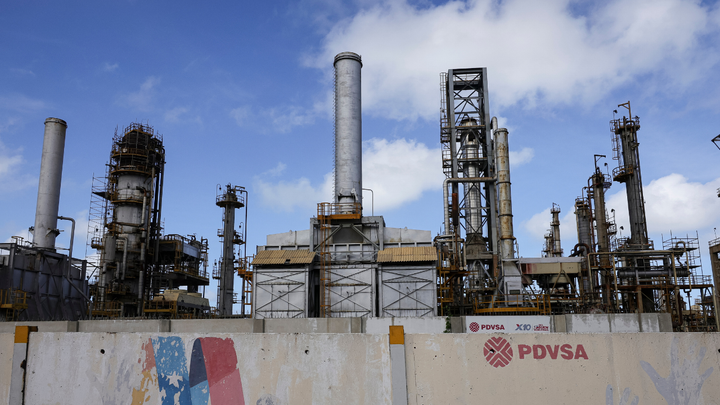
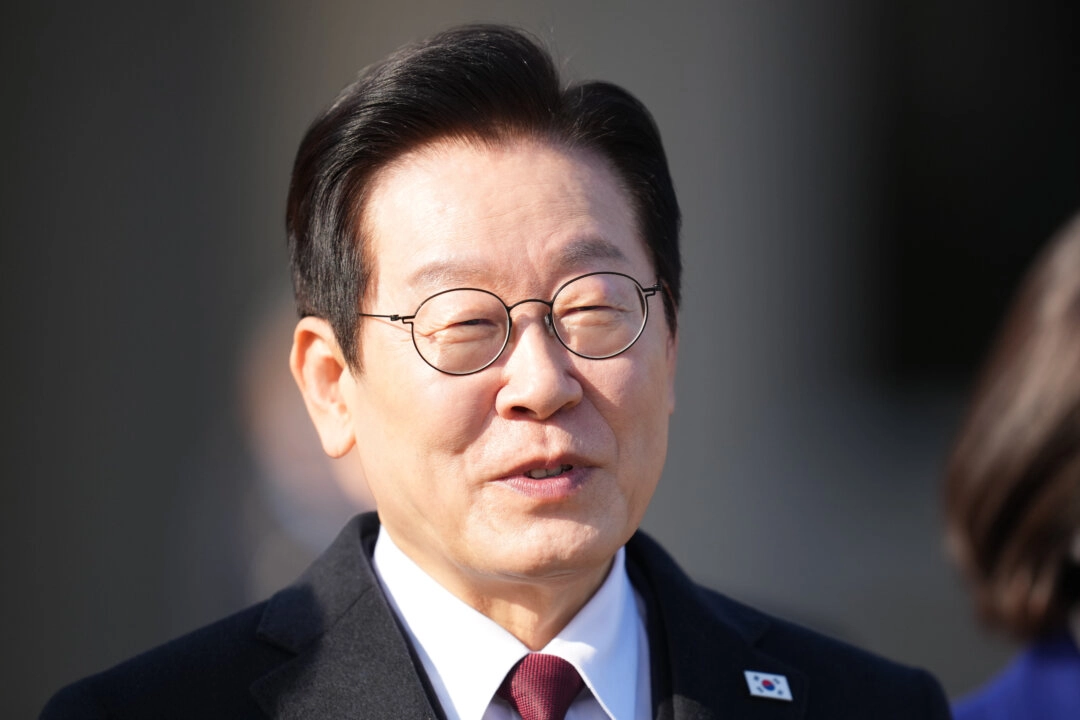
Discussion